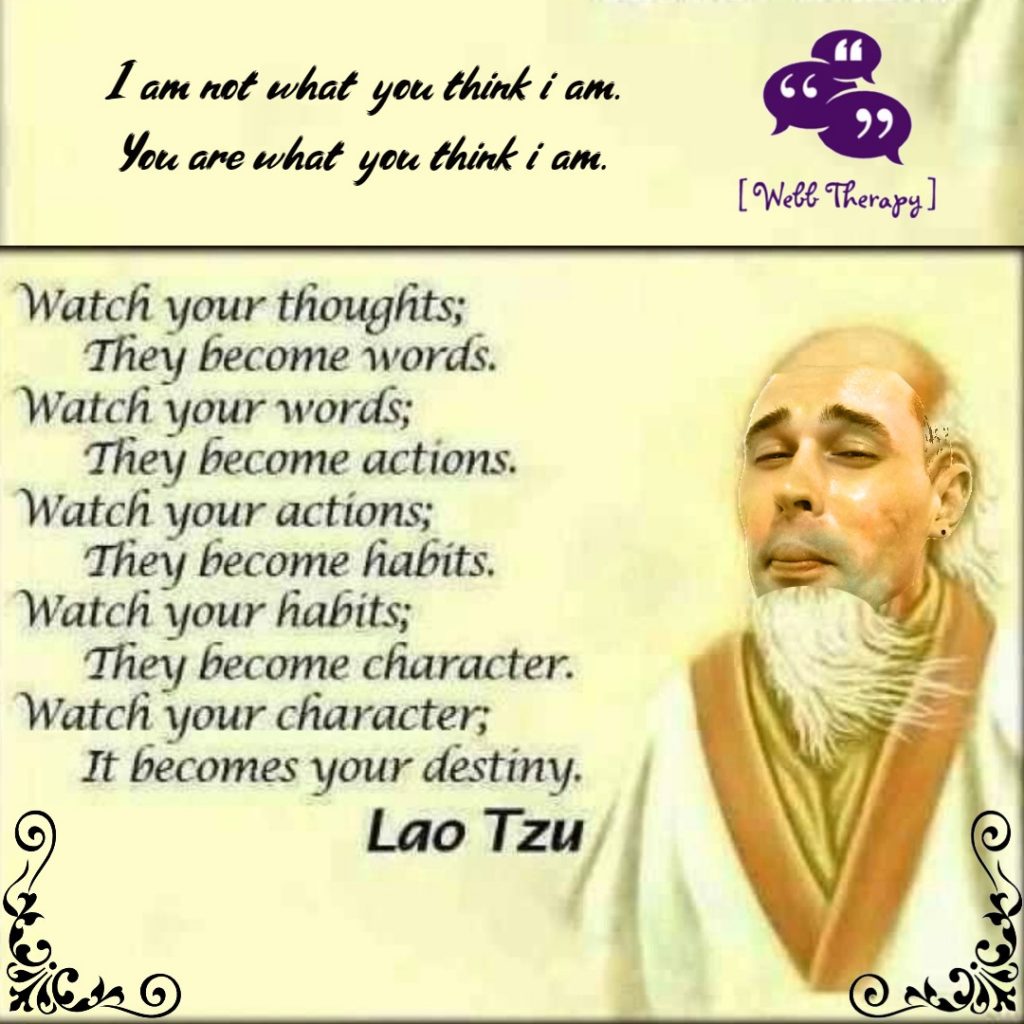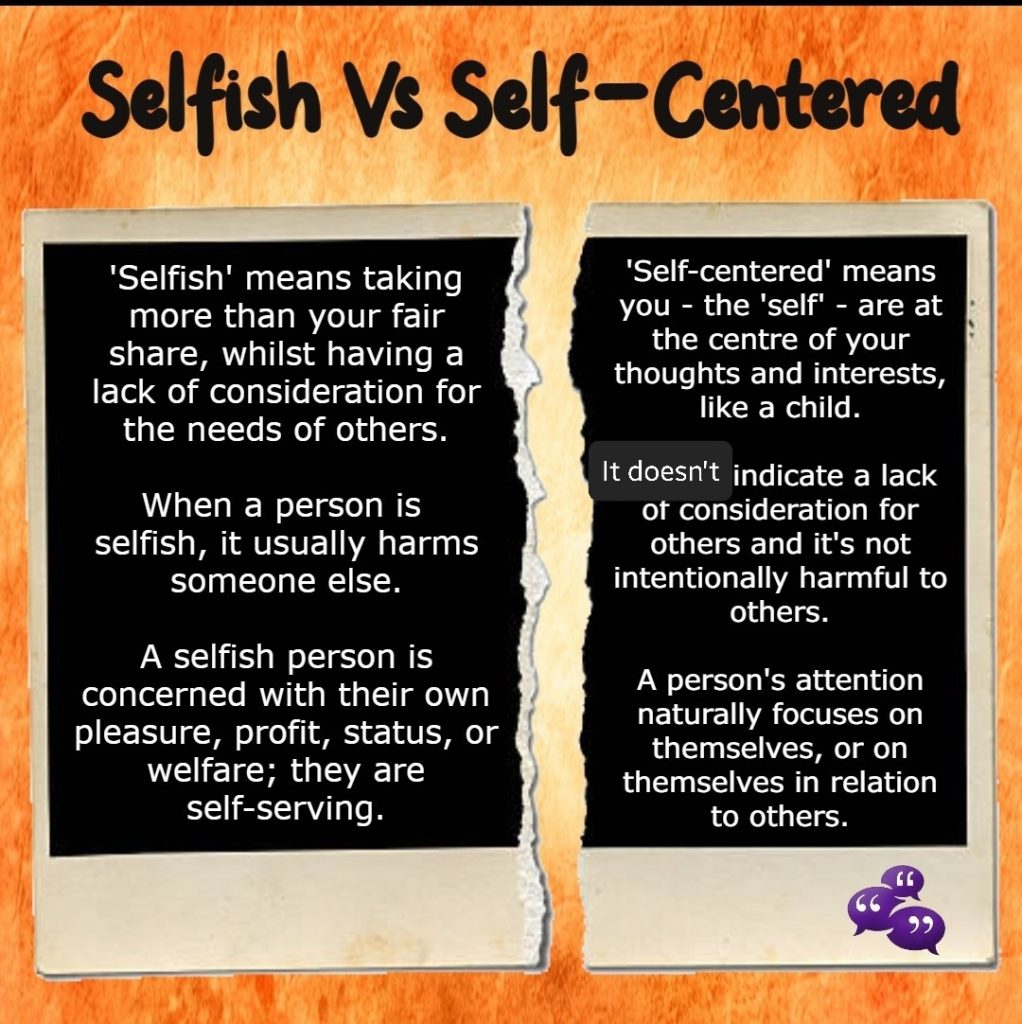
What we think about, we bring about.

Related Post
Acceptance and Commitment Therapy (ACT)Acceptance and Commitment Therapy (ACT)
I was recently browsing some of the units I completed for my counselling diploma – for revision. The human memory has not evolved to store, organise, categorise and recall all the large amounts of information we collect every day, nor is our memory always accurate. It’s important for counsellors and therapists to keep up to date with new approaches to counselling, and it doesn’t hurt to read over learned materials from college days. I thought I’d provide some learning about Acceptance and Commitment Therapy for readers.
Just to acknowledge the work of others, most of what is written below, I have retrieved and paraphrased from ACCEPTANCE AND COMMITMENT THERAPY Published by: Australian Institute of Professional Counsellors Pty Ltd.
Acceptance and commitment therapy, known as ACT (pronounced as the word ‘act’), is an approach to counselling that was originally developed in the early 1980s by Steven C. Hayes, and became popular in the early 2000’s through Hayes’ collaboration with Kelly G. Wilson, and Kirk Strosahl as well as through the work of Russ Harris. You can look them up on Youtube or Google if you’re interested in what they might have to say about ACT.
“Unlike more traditional cognitive-behaviour therapy (CBT) approaches, ACT does not
seek to change the form or frequency of people’s unwanted thoughts and emotions. Rather,
the principal goal of ACT is to cultivate psychological flexibility, which refers to the ability to
contact the present moment, and based on what the situation affords, to change or persist
with behaviour in accordance with one’s personal values. To put it another way, ACT
focuses on helping people to live more rewarding lives even in the presence of undesirable
thoughts, emotions, and sensations.”
(Flaxman, Blackledge & Bond, 2011, p. vii)
ACT interventions tend to focus around two main processes:
- Developing acceptance of unwanted private experiences that are outside of personal
control. - Commitment and action toward living a valued life (Harris, 2009)
In a nutshell, ACT gets its name from its core ideas of accepting what is outside of your personal control and committing to action that improves and enriches your life.
Cognitive Defusion is the process of learning to detach ourselves from our thought processes and simply observe them for what they are – “transient private events – an ever-changing stream of words, sounds and pictures” (Harris, 2006, p. 6). I think this component of ACT is incredibly beneficial if we practice it daily. I like to say, just like the function of the heart is to pump oxygenated blood around the body, one of the brain’s functions is to have thoughts. We can observe thoughts without taking them to mean more than what they are. Some thoughts are automatic, some are subconscious, and some are unconscious or preconscious beliefs that we consider to be true and factual and “rules” about how the world operates and how we have to operate in it. If someone is defused from their thought processes, these processes do not have control on the person; instead the person is able to simply observe them without getting caught up in them or feel the need to change/control them.
Acceptance is the process of opening oneself up and “making room for unpleasant feelings, sensations, urges, and other private experiences; allowing them to come and go without struggling with them, running from them, or giving them undue attention” (Harris, 2006, p. 7). Practicing acceptance is important because it encourages the individual to develop an ability and willingness to feel uncomfortable without being overwhelmed by it (Flaxman, Blackledge & Bond, 2011). It’s important to acknowledge that to accept something doesn’t mean we like it or have a passive attitude. It is to accept something exactly as it is and then we choose what to do with it. Think of the Serenity Prayer: Grant me the serenity to accept the things I cannot change, courage to change the things I can, and wisdom to know the difference.
Contact with the present moment is the concept of being “psychologically present” and bringing full attention to the “here-and-now” experience (Harris, 2009). I’d also argue that to psychologically present, we must also be aware of our physical body and the sensations within it and outside of it. Because we have the ability to think about the past and about the future, sometimes it can be difficult to stay in the present (Batten, 2011; Harris, 2009). Having contact with the present moment is essential because that it where we find out anchor and power. We have the ability to pay attention in a flexible manner to the present moment and connect with that experience rather than ruminate on past events or future possibilities (Lloyd & Bond, 2015). Some of you might say “What if I can’t stand the present moment?”. True. If you have extreme emotional experiences or have a history of trauma, it may be functional for you to use distraction or talking to someone when the present moment is “too much to take”. What we want to work towards is using healthy coping strategies in the present moment mindfully, instead of behaviours that no longer serve us.
Values, and identifying them, (i.e., what is important to the individual) is a central element of ACT because it assists clients to move in the direction of living and creating a meaningful life. One of the central goals of ACT is to help clients to connect with the things they value most and to travel in “valued directions” (Stoddard & Afari, 2014).
Committed action is the process of taking steps towards one’s values even in the presence of unpleasant thoughts and feelings (Harris, 2009). Behavioural interventions, such as goal setting, exposure, behavioural activation, and skills training, are generally used to create committed action. The ACT model acknowledges that learning is not enough, one must also take action to create change.
Self-as-context, or what I prefer to call “the observing self” or simply just our self-awareness, creates a distinction between the ‘thinking self’ and the ‘observing self’ (Harris, 2009). The thinking self refers to the self that generates thoughts, beliefs, memories, judgments, fantasies, and plans, whereas the observing self is the self that is aware of what we think, feel, sense, or do (Harris, 2009). “From this perspective, you are not your thoughts and feelings; rather, you are the context or arena in which they unfold” (Stoddard & Afari, 2014). Being aware of the observing self allows an individual to have a greater ability to be mindful and in the present moment, as they can separate themselves from the thoughts, beliefs, and memories they have.

The continued differential treatment of mental illness and addiction compared to physical illness by broader society is rooted in several factors:The continued differential treatment of mental illness and addiction compared to physical illness by broader society is rooted in several factors:
Historical Context
Historically, mental illness and addiction have been misunderstood and stigmatized. For much of history, these conditions were seen as moral failings or character flaws rather than medical issues. This has led to a persistent stigma that continues to influence societal attitudes.
Lack of Awareness and Education
There is still a significant lack of awareness and education about mental health and addiction. Many people do not understand that these conditions are medical issues that require treatment, just like physical illnesses. This lack of understanding contributes to negative attitudes and discrimination.
Media Representation
Media often portrays mental illness and addiction in a negative light, reinforcing stereotypes and misconceptions. These portrayals can shape public perception and contribute to the stigma surrounding these conditions.
Criminalization
Addiction, in particular, has been heavily criminalised. This has led to a perception of addiction as a criminal issue rather than a health issue, further entrenching stigma and discrimination.
Internalised Stigma
Individuals with mental illness or addiction often internalise the stigma they experience, leading to feelings of shame and low self-worth. This can prevent them from seeking help and support, perpetuating the cycle of stigma and discrimination.
Healthcare System
Even within the healthcare system, biases and stigma can affect the quality of care provided to individuals with mental illness or addiction. This can lead to inadequate treatment and support, further exacerbating the issue.
Social and Cultural Factors
Social and cultural factors also play a role in how mental illness and addiction are perceived. Different cultures have varying attitudes towards these conditions, which can influence how they are treated and supported.
The differential treatment of treatment-resistant substance use disorder (SUD) and treatment-resistant cancer by society can be attributed to several factors:
1. Perception of Control
Substance use disorders are often perceived as a result of personal choices or moral failings, whereas cancer is seen as an uncontrollable disease. This perception leads to stigma and blame towards individuals with SUD, while those with cancer are more likely to receive sympathy and support.
2. Historical Stigma
Historically, substance use has been stigmatised and criminalised, leading to a societal view that addiction is a choice rather than a medical condition. In contrast, cancer has been recognized as a medical condition requiring treatment and compassion.
3. Media Representation
Media often portrays substance use in a negative light, emphasising criminality and moral failure. Cancer, on the other hand, is often depicted with empathy and urgency, highlighting the need for medical intervention and support.
4. Healthcare System
The healthcare system has historically been more equipped to handle cancer treatment, with extensive research, funding, and specialized care. SUD treatment has lagged behind, with fewer resources and less comprehensive care options.
5. Complexity of Treatment
Treatment-resistant SUD involves complex psychological, social, and biological factors, making it challenging to treat effectively. Cancer treatment resistance, while also complex, has seen significant advancements in research and technology, leading to more effective treatments.
6. Social and Cultural Factors
Cultural attitudes towards substance use and addiction vary widely, with some societies viewing it as a personal failing. Cancer is generally viewed more universally as a disease that requires medical intervention.
REFERENCES
Substance Use Disorder and Stigma
Australian Government Department of Health and Aged Care. (2024). Initiatives and programs. Retrieved from https://www.health.gov.au/about-us/what-we-do/initiatives-and-programs
Morrison, A. P., Birchwood, M., Pyle, M., Flach, C., Stewart, S. L. K., Byrne, R., Patterson, P., Jones, P. B., Fowler, D., & Gumley, A. I. (2013). Impact of cognitive therapy on internalised stigma in people with at-risk mental states. The British Journal of Psychiatry, 203(2), 140-145. https://doi.org/10.1192/bjp.bp.112.112110
Wood, L., Byrne, R., Burke, E., Enache, G., & Morrison, A. P. (2017). The impact of stigma on emotional distress and recovery from psychosis: The mediatory role of internalised shame and self-esteem. Retrieved from https://repository.essex.ac.uk/21927/1/woodpr2017.pdf
Cancer Treatment and Stigma
American Cancer Society. (2023). Cancer treatment and survivorship. Retrieved from https://www.cancer.org/treatment/treatments-and-side-effects.html
National Cancer Institute. (2022). Cancer treatment (PDQ)–Patient version. Retrieved from https://www.cancer.gov/types/treatment-pdq/patient/cancer-treatment-pdq
World Health Organization. (2021). Cancer treatment and palliative care. Retrieved from https://www.who.int/cancer/prevention/diagnosis-screening/cancer-treatment-palliative-care/en/

